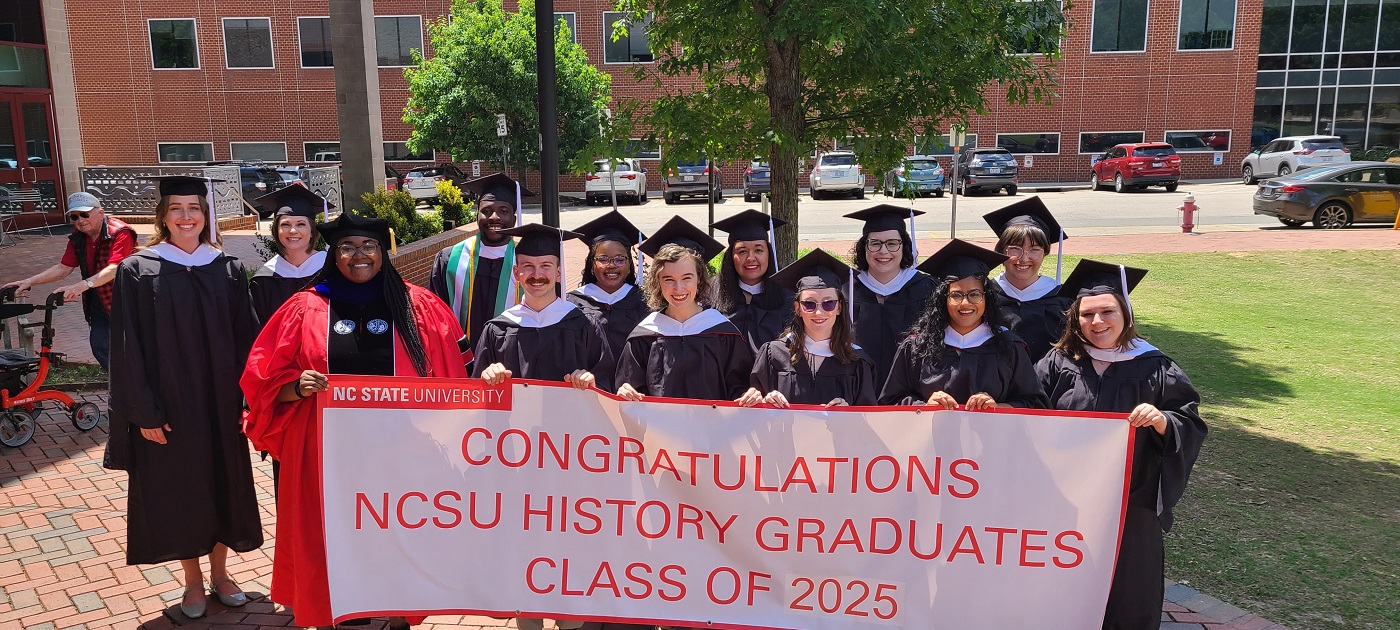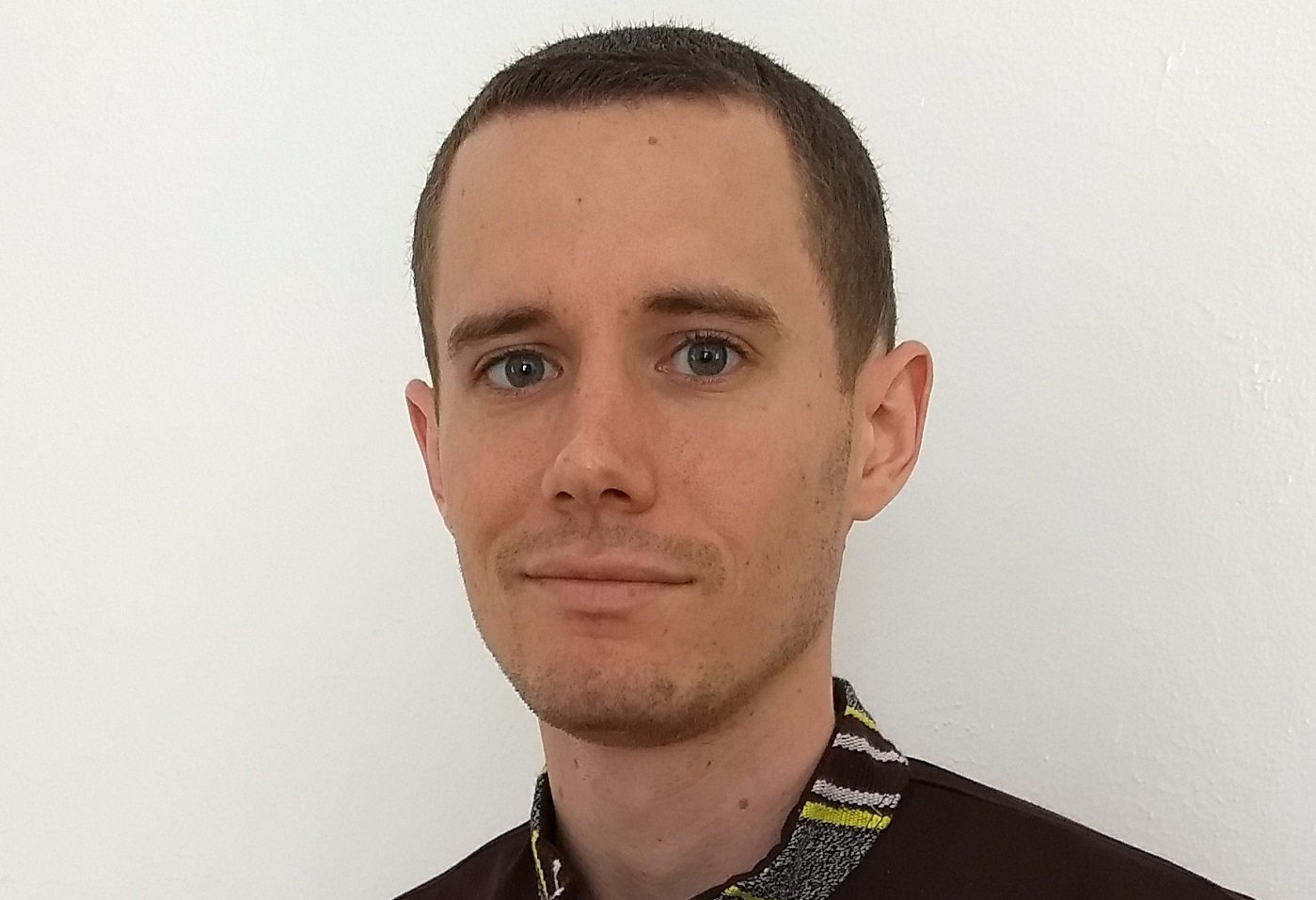Weber and Troeltsch, Friendship, Cooperation, Conflict
Max Weber and Ernst Troeltsch were two of the leading intellectuals at the time of the outbreak of the First World War. For most of their adult lives, these two remained close friends, working in close cooperation at the University of Heidelberg and helping one another in the development of their innovative ideas concerning the relationship between religion and society. However, the two scholars also represented opposite ends of the German middle class political spectrum. Troeltsch opposed the modern forces of democracy and socialism that were reshaping German society, while Weber partially accepted them and believed that they could be integrated into a strong German nation state. This paper studies the works of Weber and Troeltsch and shows how, in spite of their cooperation, each scholar used their studies to support their opposing political ideals. Further, this paper explains the end of the friendship, showing how personal conflict resulted from Weber and Troeltsch’s contrasting interpretations of the First World War.
Guilford, Jefferson Evans. “Weber and Troeltsch, Friendship, Cooperation, Conflict.” (Under the direction of Dr. Noah Strote.)
- Categories:


